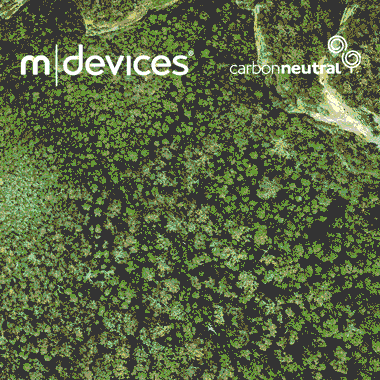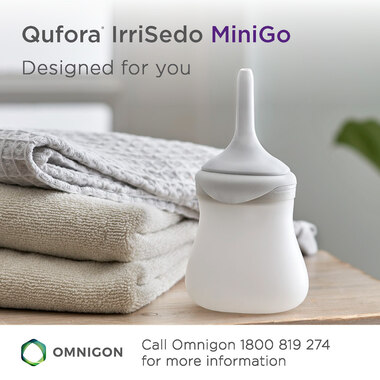Volume 28 Number 1
Editorial
Jenny Kruger
For referencing Kruger J. Editorial. Australian and New Zealand Continence Journal 2022; 28(1):3
DOI https://doi.org/10.33235/anzcj.28.1.3

Welcome to our first online edition of the Australian and New Zealand Continence Journal! We are delighted with the transition and many thanks to all who have helped make this happen. I hope our readers enjoy the new format and we are confident that bringing our journal online and in line with others will broaden our reach.
If you are reading this then you have found the link on the Continence Foundation of Australia website or the Continence NZ website member areas, well done. The member areas have a unique link to the journal and from now on this is your access to ANZCJ articles.
The ANZCJ online platform has information about the aims and scope of the journal and information for authors. I encourage readers to submit articles if you have had successful outcomes from interventions or treatments, noticed something interesting in your practice, or have engaged with hidden communities as our authors for this edition have done.
This edition features two articles which provide different perspectives on how urinary incontinence from different causes can be managed or perceived.
Myers and Smith have presented a case study that describes the treatment of a woman who presented with urinary incontinence (UI) following a spinal cord stoke. The authors have reported a secondary effect of a reduction in leakage episodes from a generalised exercise programme, suggesting that the mechanism may be from a co‑contraction of the pelvic floor, but also acknowledging the need for more thorough assessment and research into neurological causes of UI.
TuiSamoa and colleagues describe the knowledge, perception and attitudes around the experience of UI among women from various Pacific Island cultures who live in South Auckland, New Zealand. To the authors' knowledge, this is the first time that these issues have been talked about, in a relatively formal setting, by this group of women. The author, a young Pacific Islander herself, was able to gain a real understanding of the cultural nuances unique to this population and communicate them to a wider audience. It is encouraging that researchers from different ethnicities are exploring and investigating health concerns within their own communities but, more encouraging, is that they are able to communicate this and broaden our knowledge in general.
The 30th National Conference on Incontinence (NCOI 2022) is Australia’s leading multidisciplinary meeting for healthcare professionals working in bladder, bowel, and pelvic health. This year NCOI is from 11-14 May 2022, at the Melbourne Convention & Exhibition Centre, located in the vibrant South Wharf precinct of the City of Melbourne.
This is an unique professional development opportunity for nurses, physiotherapists, doctors, pharmacists, medical specialists, researchers and other allied health professionals to hear the latest research from international and Australian experts.
I hope you enjoy the articles, and although we are not quite free of COVID, may 2022 see the reconnecting of people *f2f, rather than through a screen.
Nga mihi nui / best wishes
Jenny Kruger
Editor
*Face to face
Author(s)
Jenny Kruger
Editor





